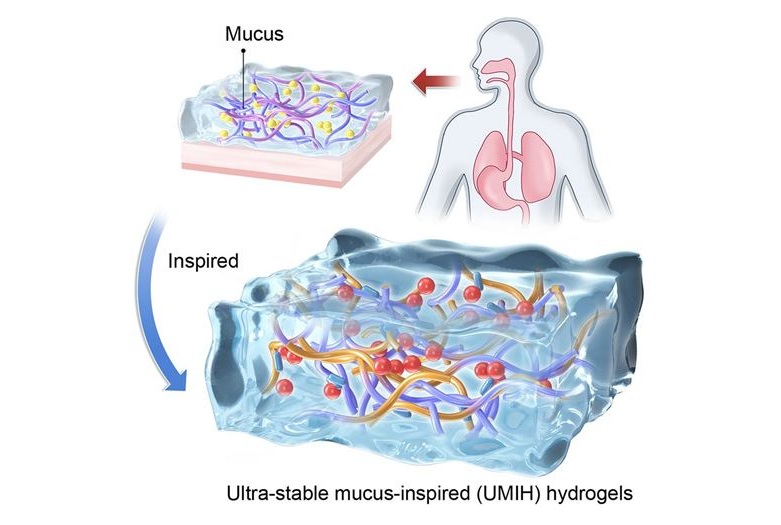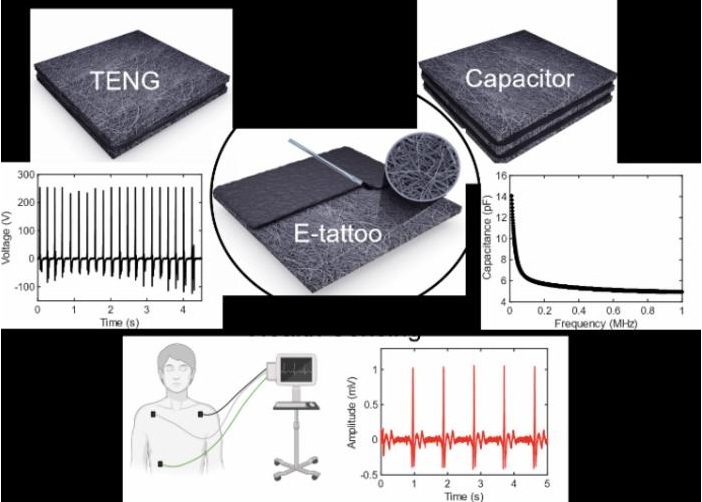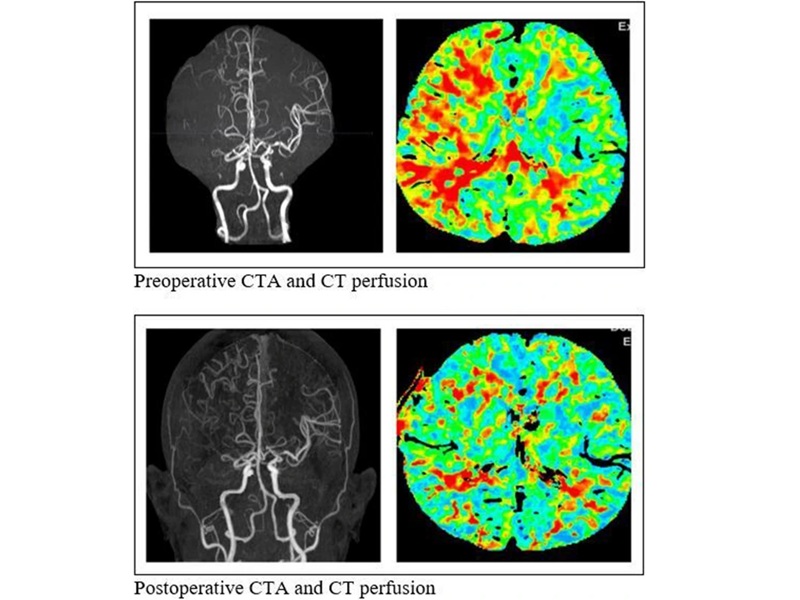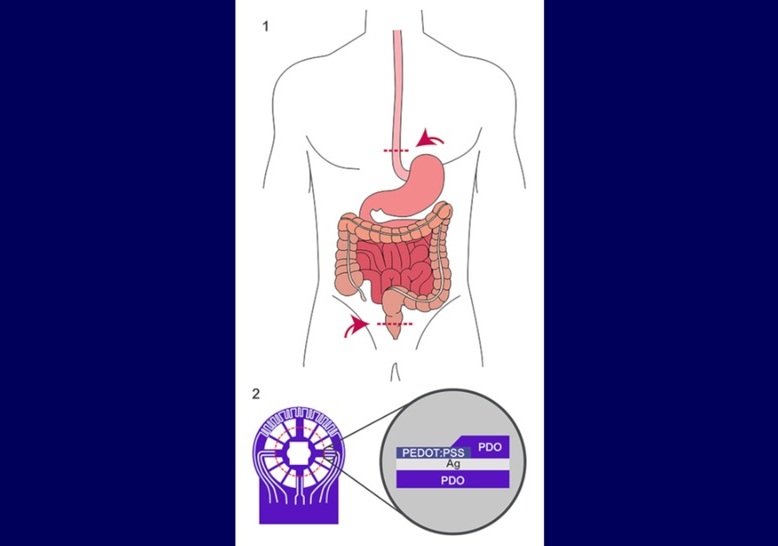Breast Cancer Screening Machine Learning Software Receives CE Mark
|
By HospiMedica International staff writers Posted on 15 Oct 2018 |
A new deep learning-based breast cancer screening software has received the CE mark and will be launched within the UK’s National Health Service (NHS) and European healthcare systems. The software has been developed by Kheiron Medical Technologies (London, UK), a start-up that combines novel deep learning methods, data science, and radiology expertise to enable diagnostics designed to detect cancers and improve patient outcomes.
Deep learning uses powerful artificial neural networks and high performance computing to analyze complex medical images with precision. Kheiron’s breast cancer screening software aims to facilitate more efficient and accurate breast cancer detection at an earlier stage of the disease and reduce the number of women incorrectly subjected to invasive biopsies, unnecessary radiation and detect more cancers at the crucial early stages. In an independent multi-center clinical study to evaluate its performance prior to submission for CE approval, the deep learning- software demonstrated indications of performance above the average national benchmarks for breast screening radiologists.
With the CE regulatory approval, health care providers in Europe will now be able to use Kheiron’s breast cancer screening software as a second reader of mammographic images in a breast cancer screening setting. Clinicians will be able to receive results within seconds, directly into their existing workflows, incorporating case-wise recall decision support and lesion localization. By using the software as a second reader, the screening workload of overstretched clinical staff in all screening settings will potentially reduce, allowing them to focus on other more complex modalities and tasks. Additionally, the CE marking will allow for intelligent triaging of imaging studies prior to review, enabling radiologists to prioritize studies based on the algorithm’s findings.
“With UK radiology workforce shortages in the spotlight, regulatory approval could actually position the UK and Europe as the world’s earliest adopters of AI at scale,” said Kheiron’s Chief Medical Officer, Dr. Christopher Austin. “European national breast screening programs can now take the lead and demonstrate how to leverage high quality, proven, and safe machine learning technologies to run screening programs better, smarter and more cost-effectively for millions of women.”
“These are exciting times for the breast imaging community and in particular breast screening,” said Dr Nisha Sharma, Consultant Breast Radiologist, Director of Breast Screening & Clinical Lead for Breast Imaging at Leeds University Hospitals Trust, and Secretary for the British Society of Breast Imaging. “Software such as this will have a significant impact in managing the global workforce shortage in mammography by augmenting single reading and ensuring that the sensitivity and specificity of double reading are at least maintained and potentially improved. This would reinforce the aim that deep learning tools are there to support the clinician and work alongside them.”
Related Links:
Kheiron Medical Technologies
Deep learning uses powerful artificial neural networks and high performance computing to analyze complex medical images with precision. Kheiron’s breast cancer screening software aims to facilitate more efficient and accurate breast cancer detection at an earlier stage of the disease and reduce the number of women incorrectly subjected to invasive biopsies, unnecessary radiation and detect more cancers at the crucial early stages. In an independent multi-center clinical study to evaluate its performance prior to submission for CE approval, the deep learning- software demonstrated indications of performance above the average national benchmarks for breast screening radiologists.
With the CE regulatory approval, health care providers in Europe will now be able to use Kheiron’s breast cancer screening software as a second reader of mammographic images in a breast cancer screening setting. Clinicians will be able to receive results within seconds, directly into their existing workflows, incorporating case-wise recall decision support and lesion localization. By using the software as a second reader, the screening workload of overstretched clinical staff in all screening settings will potentially reduce, allowing them to focus on other more complex modalities and tasks. Additionally, the CE marking will allow for intelligent triaging of imaging studies prior to review, enabling radiologists to prioritize studies based on the algorithm’s findings.
“With UK radiology workforce shortages in the spotlight, regulatory approval could actually position the UK and Europe as the world’s earliest adopters of AI at scale,” said Kheiron’s Chief Medical Officer, Dr. Christopher Austin. “European national breast screening programs can now take the lead and demonstrate how to leverage high quality, proven, and safe machine learning technologies to run screening programs better, smarter and more cost-effectively for millions of women.”
“These are exciting times for the breast imaging community and in particular breast screening,” said Dr Nisha Sharma, Consultant Breast Radiologist, Director of Breast Screening & Clinical Lead for Breast Imaging at Leeds University Hospitals Trust, and Secretary for the British Society of Breast Imaging. “Software such as this will have a significant impact in managing the global workforce shortage in mammography by augmenting single reading and ensuring that the sensitivity and specificity of double reading are at least maintained and potentially improved. This would reinforce the aim that deep learning tools are there to support the clinician and work alongside them.”
Related Links:
Kheiron Medical Technologies
Channels
Critical Care
view channel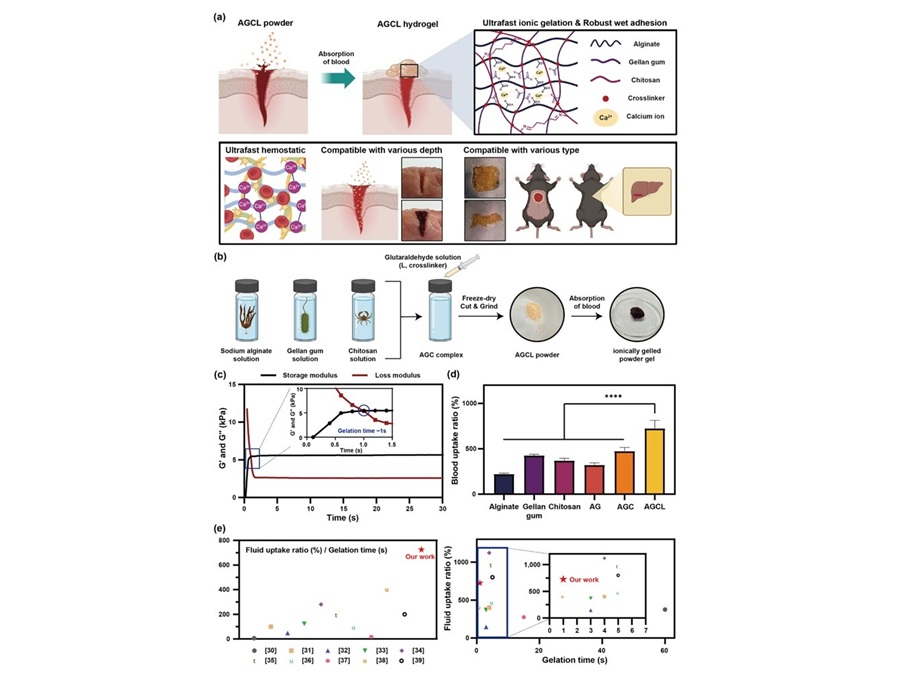
Sprayable Powder-Type Hemostatic Agent Stops Bleeding in One Second
Uncontrolled bleeding remains the leading cause of preventable death from injuries. Rapid blood loss can be fatal within minutes, especially when wounds are deep, irregular, or difficult to compress.... Read more
AI Model Helps Diagnose Often Undetected Heart Disease from Simple EKG
Coronary microvascular dysfunction is a common but elusive cause of chest pain that is frequently missed in emergency and outpatient settings. Unlike blockages in large coronary arteries, this condition... Read moreSurgical Techniques
view channel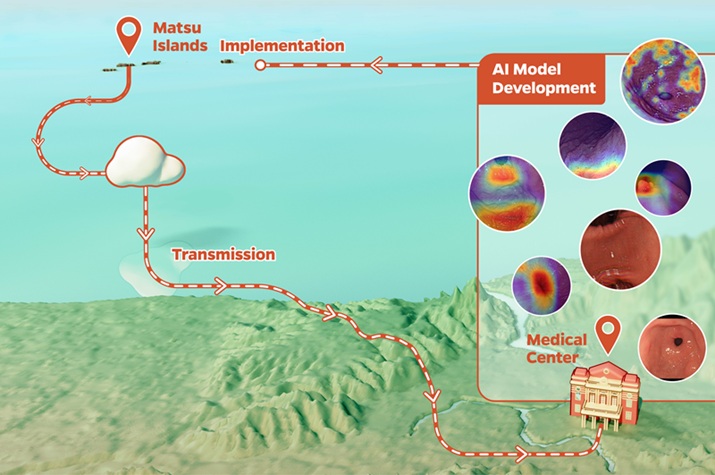
AI Detects Stomach Cancer Risk from Upper Endoscopic Images
In many parts of the world, doctors must make complex clinical decisions with limited access to specialist support, advanced diagnostics, or pathology services. This is especially challenging in gastrointestinal... Read more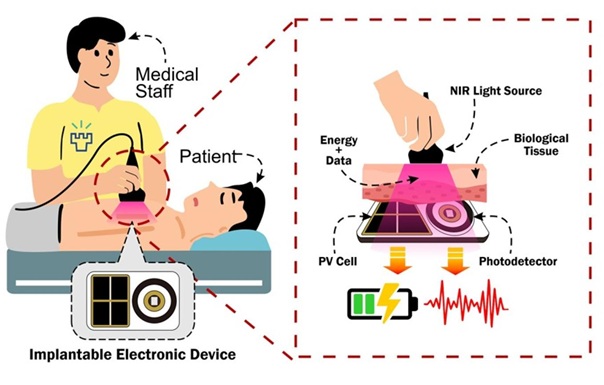
NIR Light Enables Powering and Communicating with Implantable Medical Devices
Implantable medical devices rely on wireless communication and long-lasting power sources to function safely inside the body, yet existing radio-based methods raise concerns around security, interference,... Read morePatient Care
view channel
Revolutionary Automatic IV-Line Flushing Device to Enhance Infusion Care
More than 80% of in-hospital patients receive intravenous (IV) therapy. Every dose of IV medicine delivered in a small volume (<250 mL) infusion bag should be followed by subsequent flushing to ensure... Read more
VR Training Tool Combats Contamination of Portable Medical Equipment
Healthcare-associated infections (HAIs) impact one in every 31 patients, cause nearly 100,000 deaths each year, and cost USD 28.4 billion in direct medical expenses. Notably, up to 75% of these infections... Read more
Portable Biosensor Platform to Reduce Hospital-Acquired Infections
Approximately 4 million patients in the European Union acquire healthcare-associated infections (HAIs) or nosocomial infections each year, with around 37,000 deaths directly resulting from these infections,... Read moreFirst-Of-Its-Kind Portable Germicidal Light Technology Disinfects High-Touch Clinical Surfaces in Seconds
Reducing healthcare-acquired infections (HAIs) remains a pressing issue within global healthcare systems. In the United States alone, 1.7 million patients contract HAIs annually, leading to approximately... Read moreHealth IT
view channel
EMR-Based Tool Predicts Graft Failure After Kidney Transplant
Kidney transplantation offers patients with end-stage kidney disease longer survival and better quality of life than dialysis, yet graft failure remains a major challenge. Although a successful transplant... Read more
Printable Molecule-Selective Nanoparticles Enable Mass Production of Wearable Biosensors
The future of medicine is likely to focus on the personalization of healthcare—understanding exactly what an individual requires and delivering the appropriate combination of nutrients, metabolites, and... Read moreBusiness
view channel
Philips and Masimo Partner to Advance Patient Monitoring Measurement Technologies
Royal Philips (Amsterdam, Netherlands) and Masimo (Irvine, California, USA) have renewed their multi-year strategic collaboration, combining Philips’ expertise in patient monitoring with Masimo’s noninvasive... Read more
B. Braun Acquires Digital Microsurgery Company True Digital Surgery
The high-end microsurgery market in neurosurgery, spine, and ENT is undergoing a significant transformation. Traditional analog microscopes are giving way to digital exoscopes, which provide improved visualization,... Read more
CMEF 2025 to Promote Holistic and High-Quality Development of Medical and Health Industry
The 92nd China International Medical Equipment Fair (CMEF 2025) Autumn Exhibition is scheduled to be held from September 26 to 29 at the China Import and Export Fair Complex (Canton Fair Complex) in Guangzhou.... Read more












